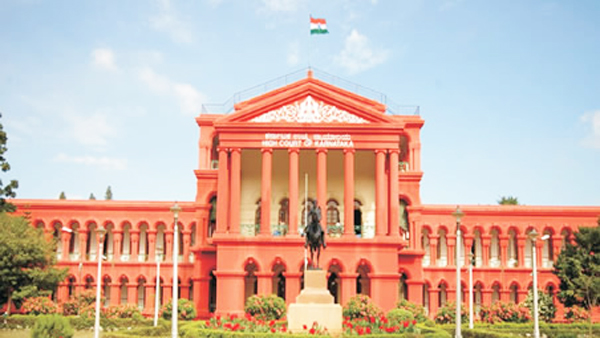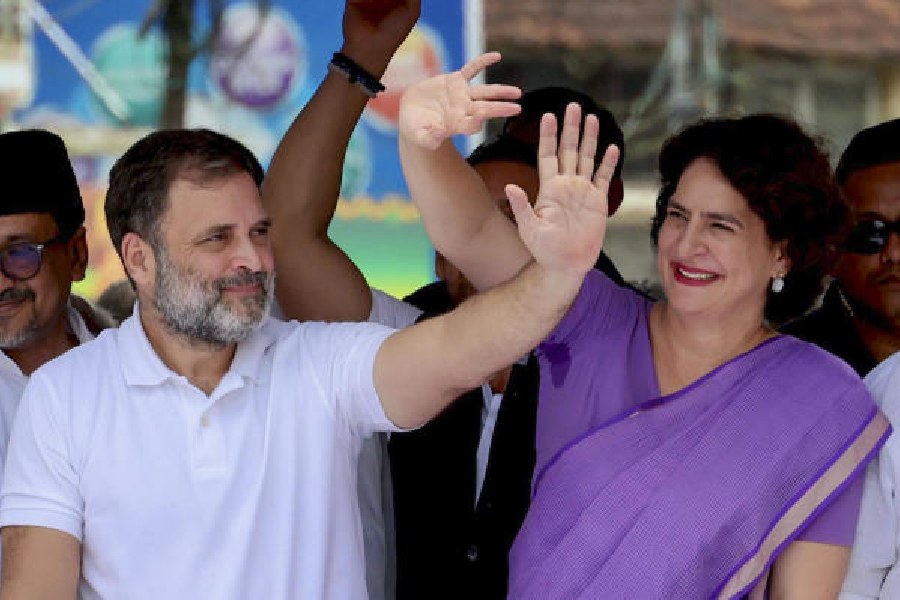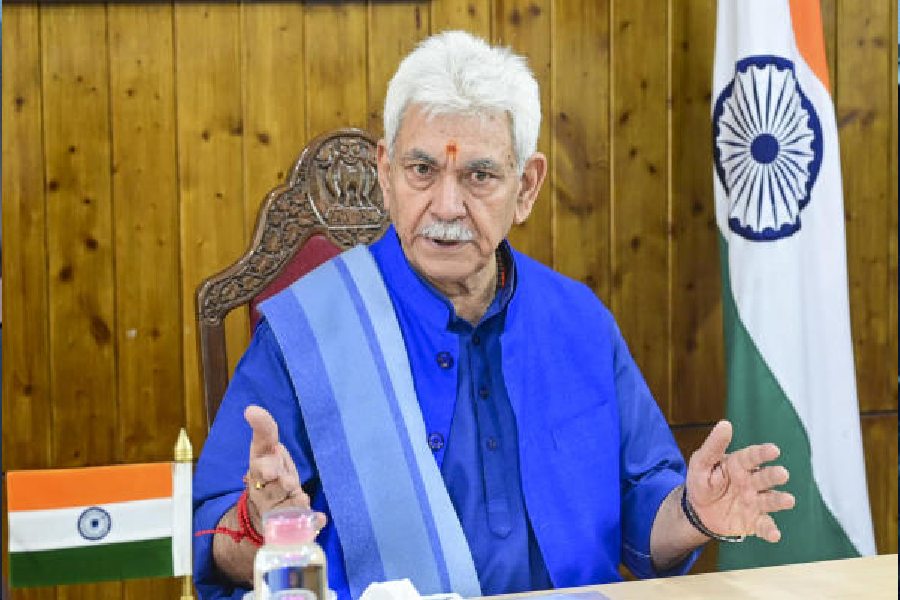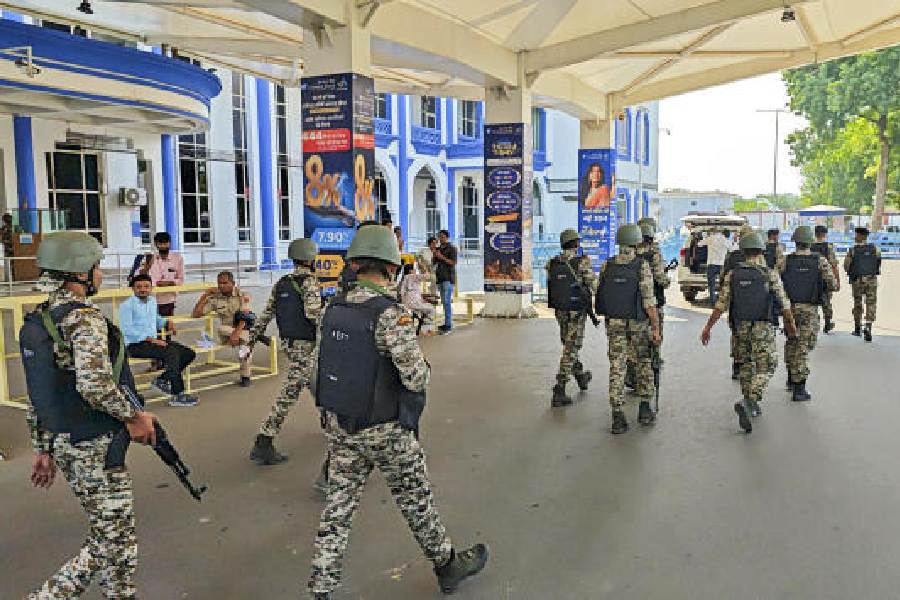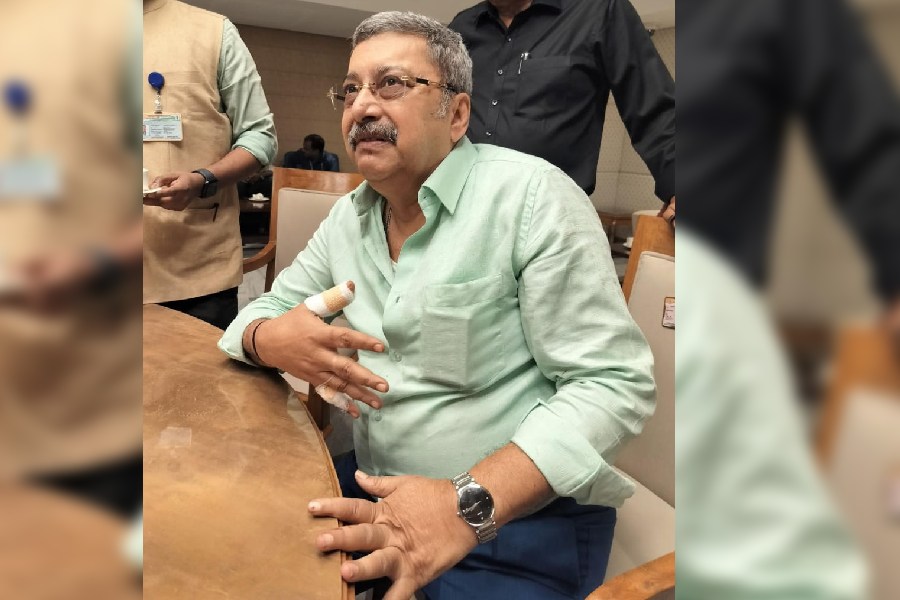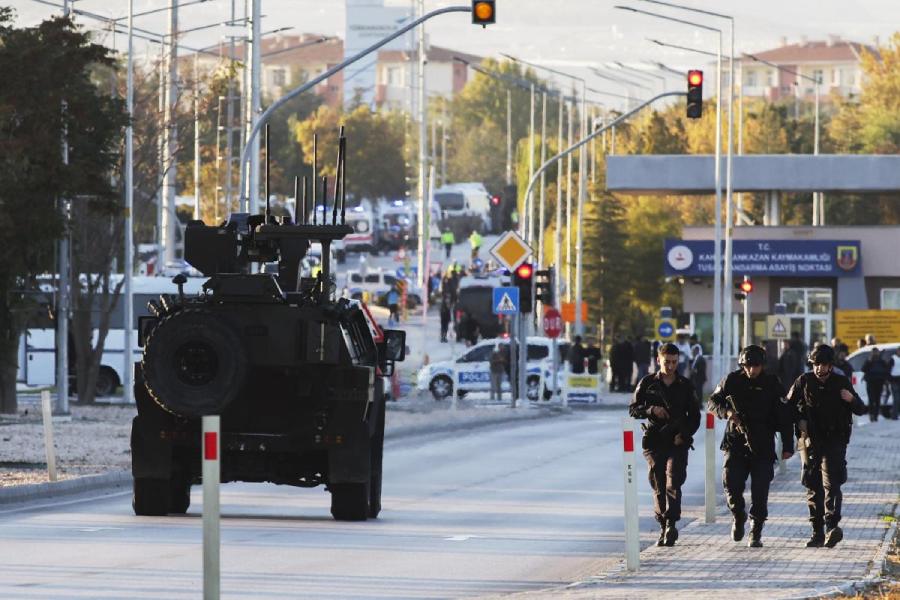The Supreme Court on Monday refused to stay the elevation of a district judge who was later sworn in as an additional judge in Karnataka High Court, overruling the challenge a Dalit district judge had filed objecting to the appointment.
Shivamogga principal district judge R.K.G.M.M. Mahaswamiji said the high court collegium had overlooked his relative seniority in recommending “junior district judge” Padmaraj N. Desai for the elevation.
The challenge came half an hour before Justice Desai was sworn in around 10.30am.
The top court bench of Justices Deepak Gupta and Aniruddha Bose, before whom the urgent application had been moved around 10am, declined to pass any directive, saying the petitioner had approached the court at the “eleventh hour”. The bench also observed that it generally refrained from interfering in presidential orders on judges’ appointments.
Justice Desai’s name had been cleared by the high court collegium in July last year and approved by the Supreme Court collegium early this year. The Union law ministry had issued the notification for the swearing-in on April 30.
Judge Mahaswamiji’s petition had said: “It is a case of superseding/ passing over of a senior district judge (who was appointed on 25.02.2008 under reserved category, i.e., Schedule Caste) by junior district judge….”
The judge said the collegium’s recommendation was “in clear violation of statutory rules/ administrative instructions… and involved bias of malafide and… clearly violated the functional rights guaranteed to the petitioner under Articles 14 (equality before law ) and 16 (equality in matters of public employment)”.
According to the judge, his case for elevation was ignored and not taken into consideration although his service record from the date of his appointment as a district judge — February 2008 — was clear from any adverse remarks.
Under the rules the high court collegium, comprising the chief justice of the high court concerned along with two senior-most judges, recommend the names after consultations with the state government.
The names are cleared from the bar or from the district judges’ panel. Once the high court recommends the names, they are sent to the Supreme Court collegium, comprising the Chief Justice of India and other senior-most judges. Once the Supreme Court collegium clears the names, they are sent to the Union law ministry for approval.

